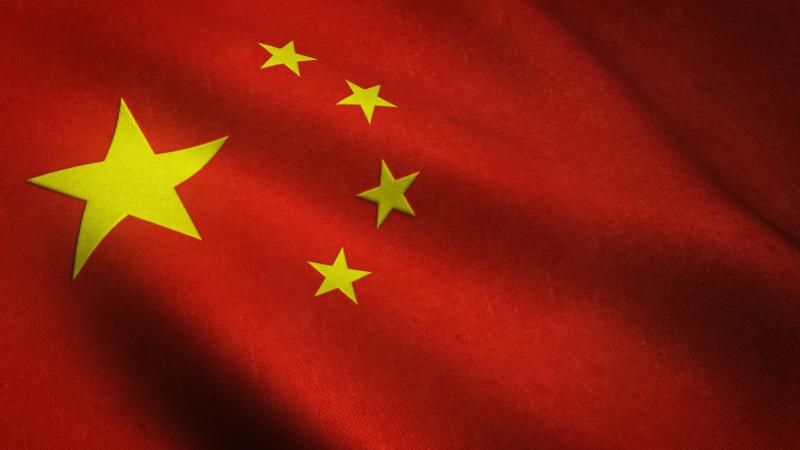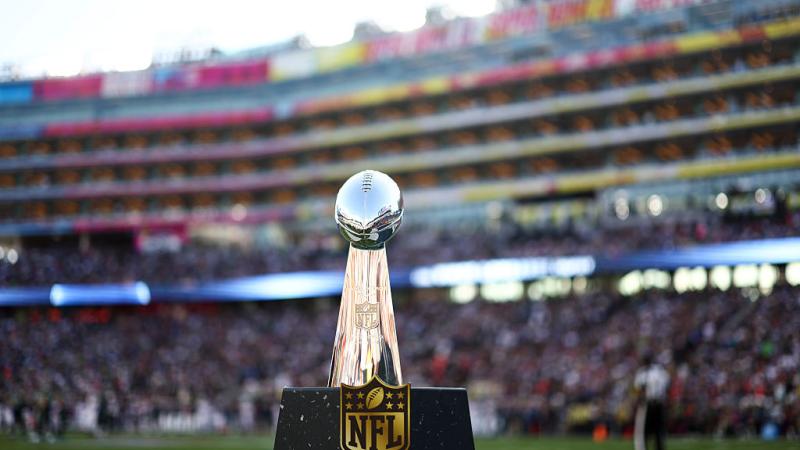Has the U.S. neglected illegal Chinese fisheries off African coast in war against China?
While the United States' top geopolitical concern remains China's increasing billion-dollar investments to acquire stakes in African mines, American diplomat Troy Fitrell warns that China's illegal fishing off African coastlines should not be overlooked when considering the U.S. strategic approach to China's presence in Africa.
American diplomat Troy Fitrell is warning that the U.S. risks overlooking a key aspect of China's influence in Africa – illegal fishing practices off the continent's coast.
Fitrell recently told Congress that China’s illegal fishing in Africa "is not one that normally gets mentioned. But it is indicative of the business model that the Chinese entertain on the continent.”
“You see these Chinese trollers coming in and utterly destroying the fishing grounds,” Fitrell told the Senate Committee on Foreign Relations on Thursday.
“You can see them on over-the-shelf unclassified satellite imagery, trolling back and forth, then suddenly doing a b-line 60 miles offshore – meet a by boat, offload all the fish, come back to port, and say ‘Oh we didn't catch anything today.’ And they don’t catch anything any day. At least according to their official records.”
Illegal, unreported and unregulated (IUU) fishing off the coast of Africa is not unique to the continent. However, about 78% of China’s overseas foreign fisheries operations are in Africa, according to the UK-based non-profit organization Environmental Justice Foundation, which is dedicated to environmental and human rights issues.
The United Nations found China to have under-reported their global catch size by a factor of 12. China was also listed as the world’s top offender of harmful fishing by the IUU Fishing Index.
“These state-subsidized vessels are ravaging the ocean, committing human rights abuses and driving environmental injustice," says EJF founder and CEO Steven Trent.
Not only does illegal Chinese fishing off African coasts raise environmental concerns, an estimated 6.7 people across the region rely on fisheries for food and livelihoods, according to the EJF.
While illegal fisheries are a critical issue, China's increasing, billion-dollar investments to acquire stakes in African mines has emerged as the United States' top geopolitical concern – considering the Communist-run country has the world's second-largest economy after the United States.
The mines, particularly those rich in cobalt, lithium, are essential for electric vehicles, batteries, and renewable energy technologies.
Meanwhile, China is one of the United States' largest seafood trading partners. About 80% of seafood consumed in the U.S. is caught or processed abroad, with China as its biggest supplier, according to the Outlaw Ocean Project.
“Any nation importing fish caught by Chinese vessels should be demanding full transparency along the whole supply chain,” Trent said. “That is the only way we can be sure that we, as consumers, don’t end up eating slave-caught fish and driving the destruction of our ocean.”














